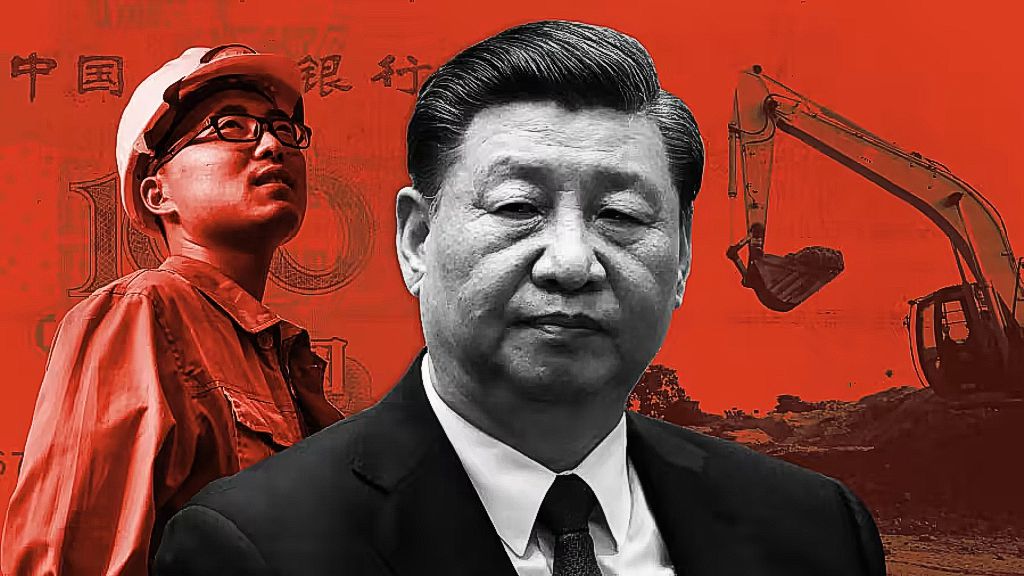
China’s $1tn Belt and Road Initiative infrastructure finance program has been hit by spiraling bad loans, with more than $78bn-worth of borrowing turning sour over the past three years.
The scheme made China the world’s largest bilateral creditor, but the figures suggest it has become a financial millstone for Beijing and its biggest banks.
About $78.5bn of loans from Chinese institutions to roads, railways, ports, airports and other infrastructure around the world were renegotiated or written off between 2020 and the end of March this year, according to figures compiled by New York-based research organization the Rhodium Group.
This is more than four times the $17bn in renegotiations and write-offs recorded by Rhodium in the three years from 2017 to the end of 2019.
There are no official figures for the total scale of BRI lending over the past decade, but it is believed to total “somewhere in the ballpark of $1tn”, according to Brad Parks, executive director of AidData at William and Mary university in the US.
In addition, Beijing has extended an unprecedented volume of “rescue loans” to prevent sovereign defaults by big borrowers among about 150 countries that have signed up to the BRI.
The value of such sovereign bailouts amounted to $104bn between 2019 and the end of 2021, according to a study by researchers at AidData, the World Bank, Harvard Kennedy School and Kiel Institute for the World Economy. Over a longer timeframe between 2000 and the end of 2021, such bailouts to developing countries totaled $240bn, the study found.
Increasing numbers of BRI borrower countries are being pushed to the brink of insolvency by a slowdown in global growth, rising interest rates and record high debt levels in the developing world. Those countries’ western creditors, meanwhile, have blamed China for blocking debt restructuring negotiations.
“Frankly, I think this is only the beginning. Chinese banks have an interest in ensuring that their biggest overseas borrowers are sufficiently liquid to continue servicing their infrastructure project debts,” Parks said. “So, Beijing is probably going to be in the emergency lending business as long as its biggest borrowers are in financial distress.”
By James Kynge






